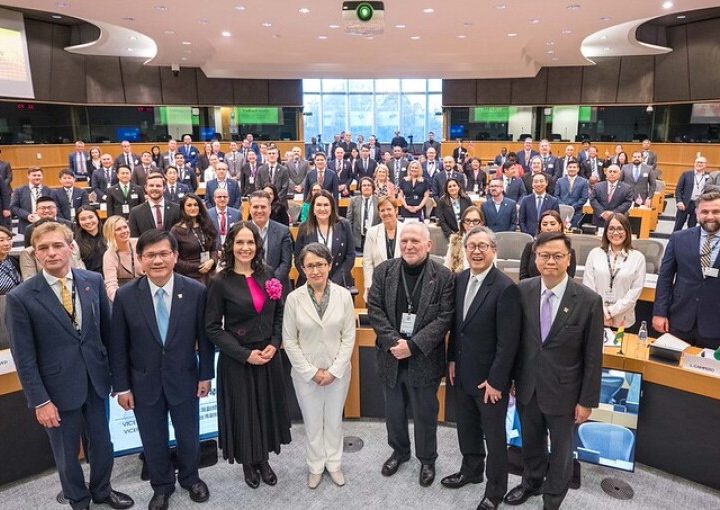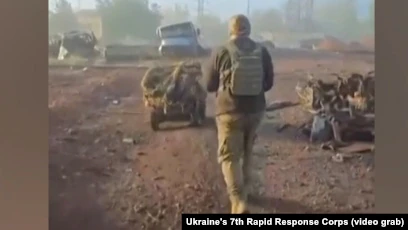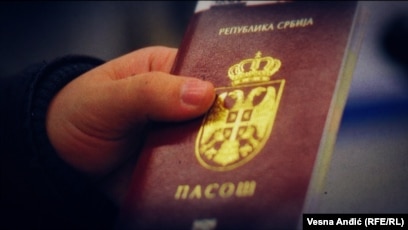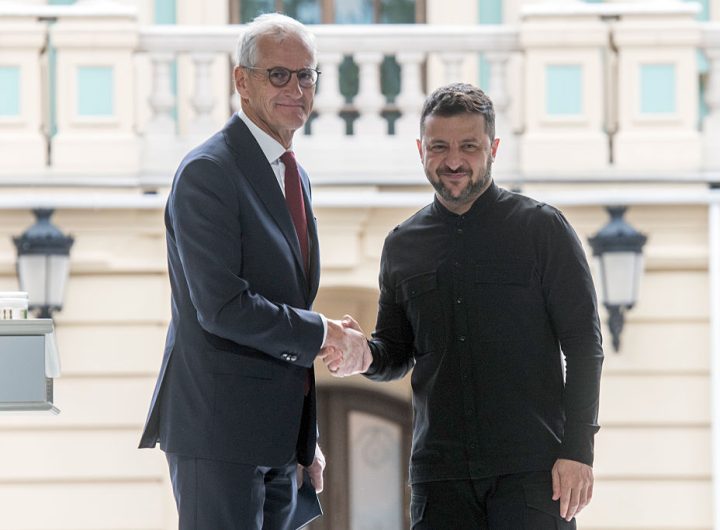
Serbia’s relations with its neighbours, 22 years after Milosevic’s ouster, are, to put it mildly, bad.
I remember that day well. I was in Sarajevo. Everyone was eagerly awaiting the outcome of the events in Belgrade. Unlike Bosnia and Herzegovina, which, thanks to the presence of strong NATO forces in a relaxed atmosphere, expected the situation to be resolved. This was certainly not the case in Montenegro, where the army (and the paramilitary) was still present, for which Slobodan Milošević was still the Supreme Commander.
With every hour the danger of war grew.
But already in the afternoon it was clear that Milosevic was finished. His closest associates decided to change sides.
Bloodshed was avoided. Serbia, the region and the world breathed a sigh of relief.
The post of President of the Federal Republic of Yugoslavia was assumed by Vojislav Kostunica. Zoran Djindjic was elected Serbia’s new prime minister.
Belgrade has once again become a desirable address for Western leaders. Much was expected. The citizens of Serbia, as well as the region, expected it.
It soon turned out that those hopes were unfounded.
Mythical Date
Interestingly, in Serbia, October 5th is still formally mentioned by all political actors as a mythical date, but that Serbia has never been further away from its goals since October 5th.
But how is October 5 viewed today in Montenegro and the region, and to what extent this event has not been subject to objective historical criticism until now. In the Balkans, in general, what turns into a myth quickly overshadows the reality, that is, the truth.
What is rarely taken into account when it comes to October 5 and the overthrow of Slobodan Milosevic from power, is that in addition to civil forces, at least two other factors played a role in his overthrow. The first is the poverty of the broad masses, which could no longer be tolerated. But the second factor is much more important to me, and those are circles from the state security, with all its arms stretching from the army and police as repressive apparatus to the Academy of Sciences and the church.
To understand the role of this factor in Slobodan Milosevic’s political end, we must be aware of the fact that Milosevic was never the all-powerful master of Serbia. He promised to a part of Serbian society a great state and victory. In return, they held at least one pillar of his power. When he proved to be politically and militarily incompetent, it was precisely this part of the ruling structures that played a key role in ensuring that the revolution in Serbia took place without blood.
But did the overthrow of Milosevic mean that Serbia was abandoning its policy towards its neighbours and minorities living in Serbia?
The answer is no, and it showed quickly.
Although the civil forces undoubtedly carried the burden of 5th October, it turned out that this structure, personally embodied in Vojislav Kostunica, has much more experience in preserving and maintaining power.
It also demanded that Serbia’s regional policy remain the same. They were not interested in changing the way of government and politics, but only in changing, from their point of view, the incompetent Milošević.
Djindjic’s payment
The only real opponent of this political course in Serbia, out of 5. October 2000. to this day he was Zoran Djindjic. Although he was no hero of anti-war Serbia, because he formally distanced himself from the policy only after seeing the wars lost, Djindjic was a man of a pragmatic nature who understood processes. From this distance, there is no denying that he has tried to modernise Serbia and has at least tolerable relations with its neighbours.
“Jumping” out of the political line, Djindjic will pay with his life on 12. March 2003.
Since then, only in various forms, the policy led by Slobodan Milosevic towards his neighbours has been constant in Serbia. Thus, Vojislav Koštunica kept silent about the independence of Montenegro in 2006. Dialogue with Kosovo has never been a serious option in Belgrade, as well as giving up territorial claims against Bosnia and Herzegovina.
Today, 22 years later, Serbia’s relations with its neighbours are, to say the least, poor. Especially with Podgorica, Pristina and Sarajevo.
The only good thing is that this Serbia, unlike the one from the nineties, does not have the strength for new wars.
But that’s poor comfort. Civil forces in Serbia are much weaker today than they were 22 years ago. The educational and cultural programs that are being forced in Serbian society are an excellent fuel for new wars. You just have to wait for the right circumstances.
Of course, there is also a huge responsibility of the West which was satisfied with the dismissal of Milosevic, instead of truly standing behind the democratization of Serbia, but also of other countries in the region.
But one should be realistic and admit that no more could have been expected from October 5 itself. For the simple reason, because much more than a desire for democracy and human rights, it was caused by sadness and anger over the lost wars.
That is why the civil coup of October 5 could not have ended otherwise without much greater involvement of the West, for the simple reason that the fifth of October was not even that.
Of course, this is not to dispute the significance of October 5th. This date is magnificent, if for no other reason, then because the removal of Milosevic from power prevented a new war or wars, and therefore new innocent victims. And that, you will agree, is huge.
The question is what to do today, how to ensure lasting peace in the region?
I’m sure of one thing. As long as the West compromises with those structures that hold both Serbia and the region hostage, lasting peace will only be an unfulfilled dream.
We’ll just wait for the trigger for another round of hell.
And a new October 5th.
Which this time, I’m sure, wouldn’t have gone without blood.
The views expressed in this text are the author’s and do not necessarily reflect Al Jazeera’s editorial policy. /Aljazeera/

 Japan and Europe come together in support of Taiwan
Japan and Europe come together in support of Taiwan  BIRN journalist: Media workers in Serbia exposed to digital attacks and secret surveillance – most cases go unnoticed
BIRN journalist: Media workers in Serbia exposed to digital attacks and secret surveillance – most cases go unnoticed  Robot Soldiers: Ground Drones On The Ukrainian Front Lines
Robot Soldiers: Ground Drones On The Ukrainian Front Lines  Possible security risks’ in serbian passports for russian citizens
Possible security risks’ in serbian passports for russian citizens  Norway urged to tap €1.8tn fund to help EU unlock Ukraine loan
Norway urged to tap €1.8tn fund to help EU unlock Ukraine loan  EU Launches ‘Democracy Shield’ to fight russian disinformation and protect electoral process
EU Launches ‘Democracy Shield’ to fight russian disinformation and protect electoral process